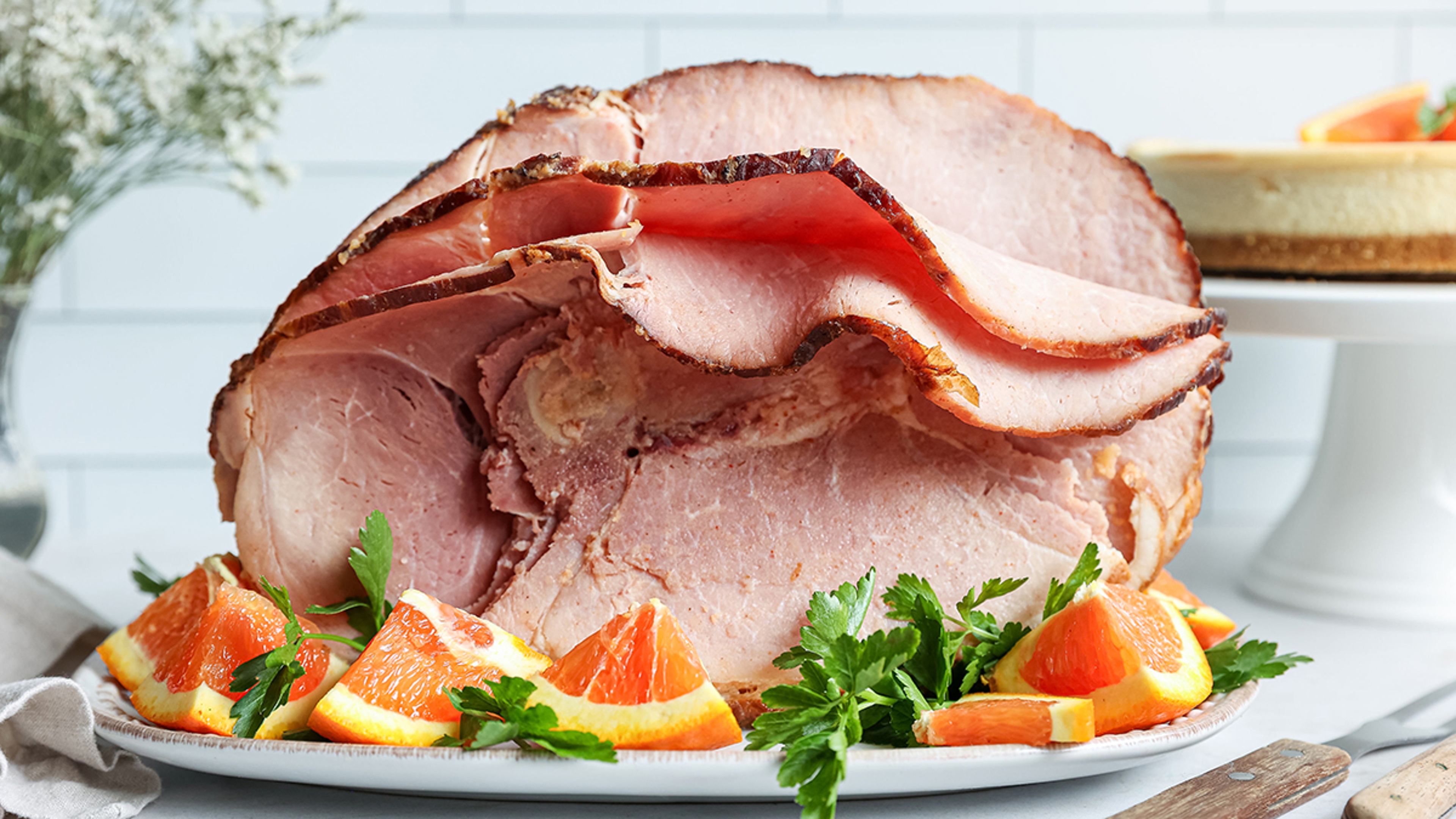
Preparing this ham only needs a glaze and an oven. That's all, folks.
Find the perfect Christmas recipe for your holiday entertaining. Whether you're bringing a dessert, appetizer, or main course to the table, these recipes will certainly inspire feelings of joy.
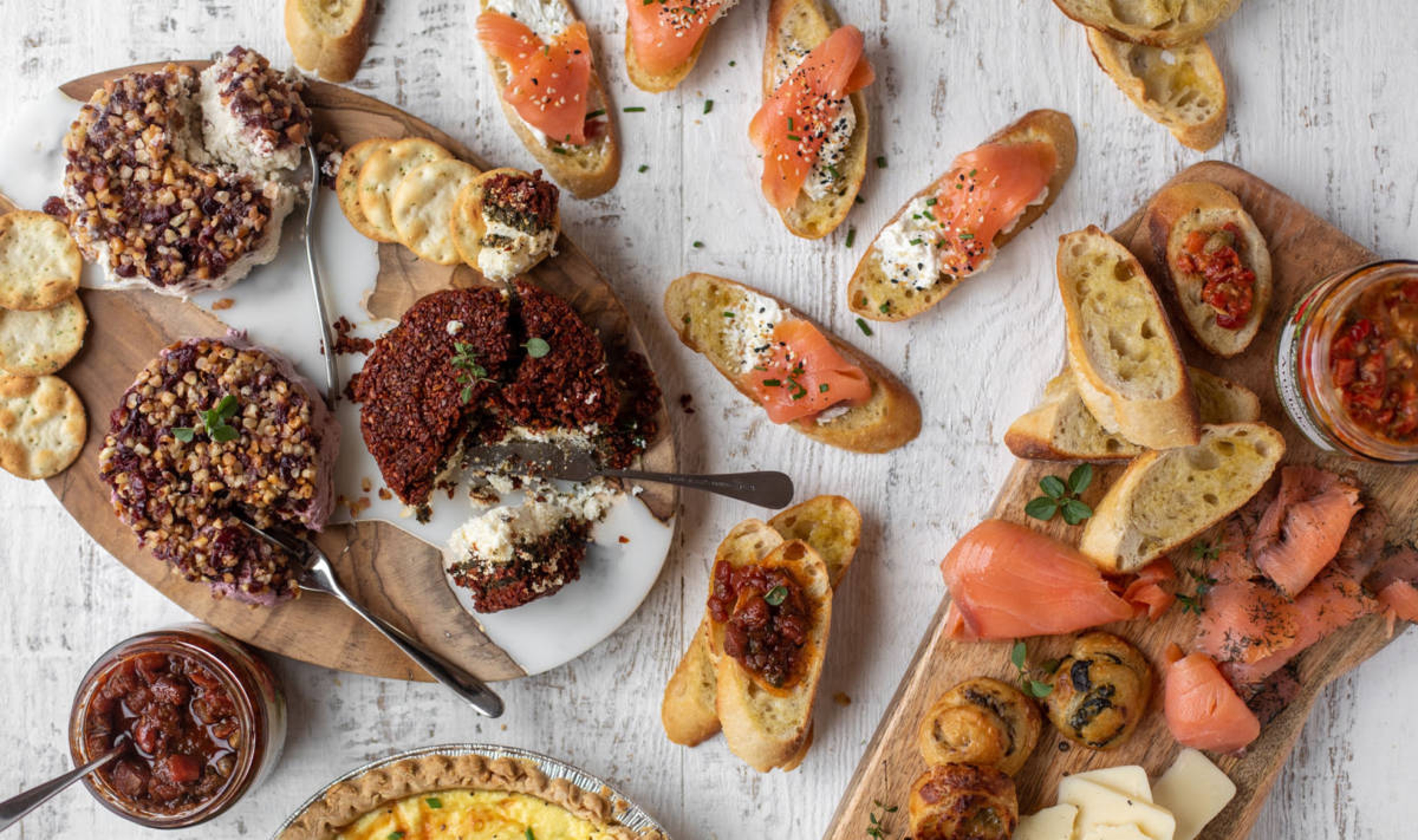

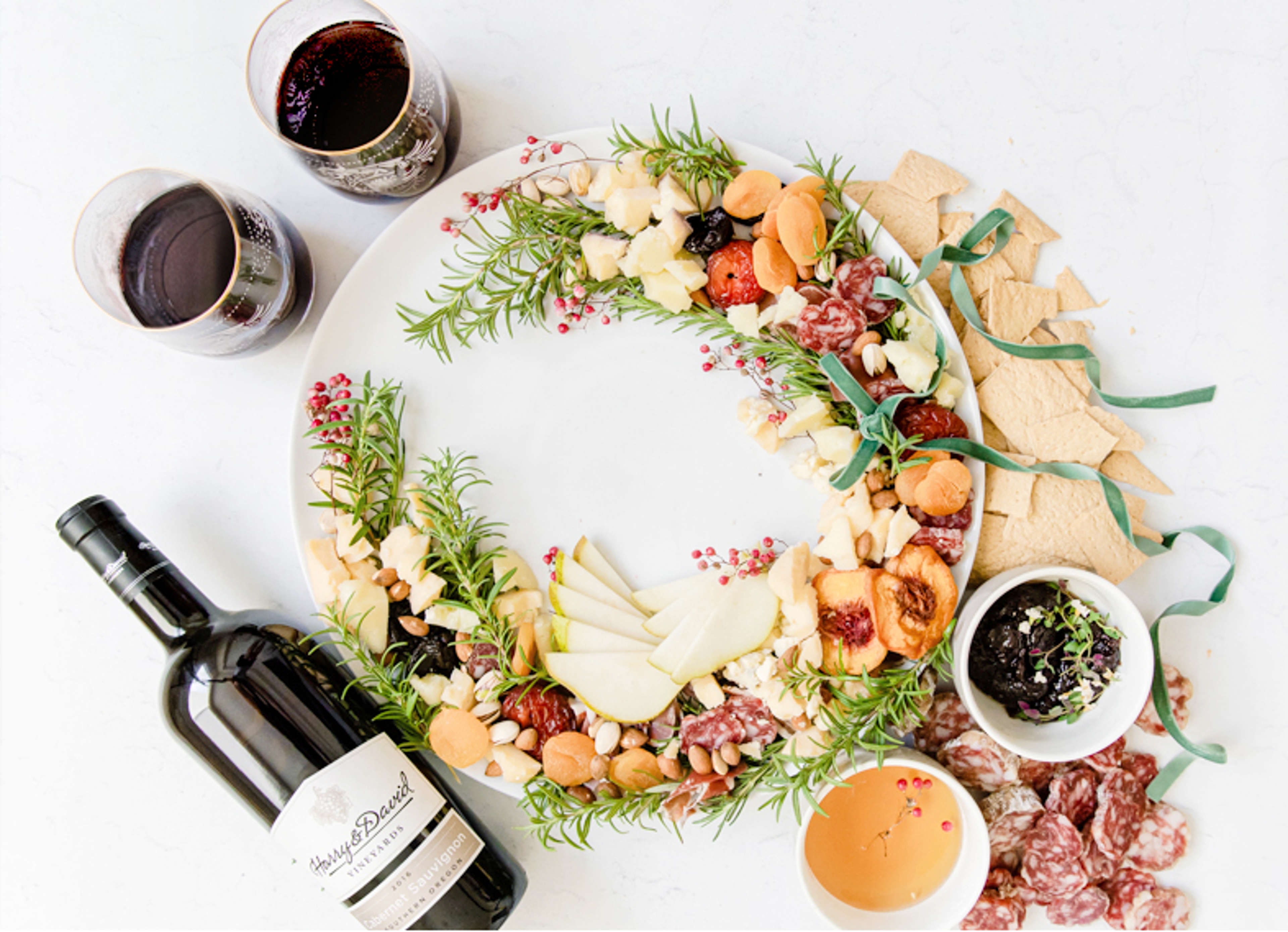

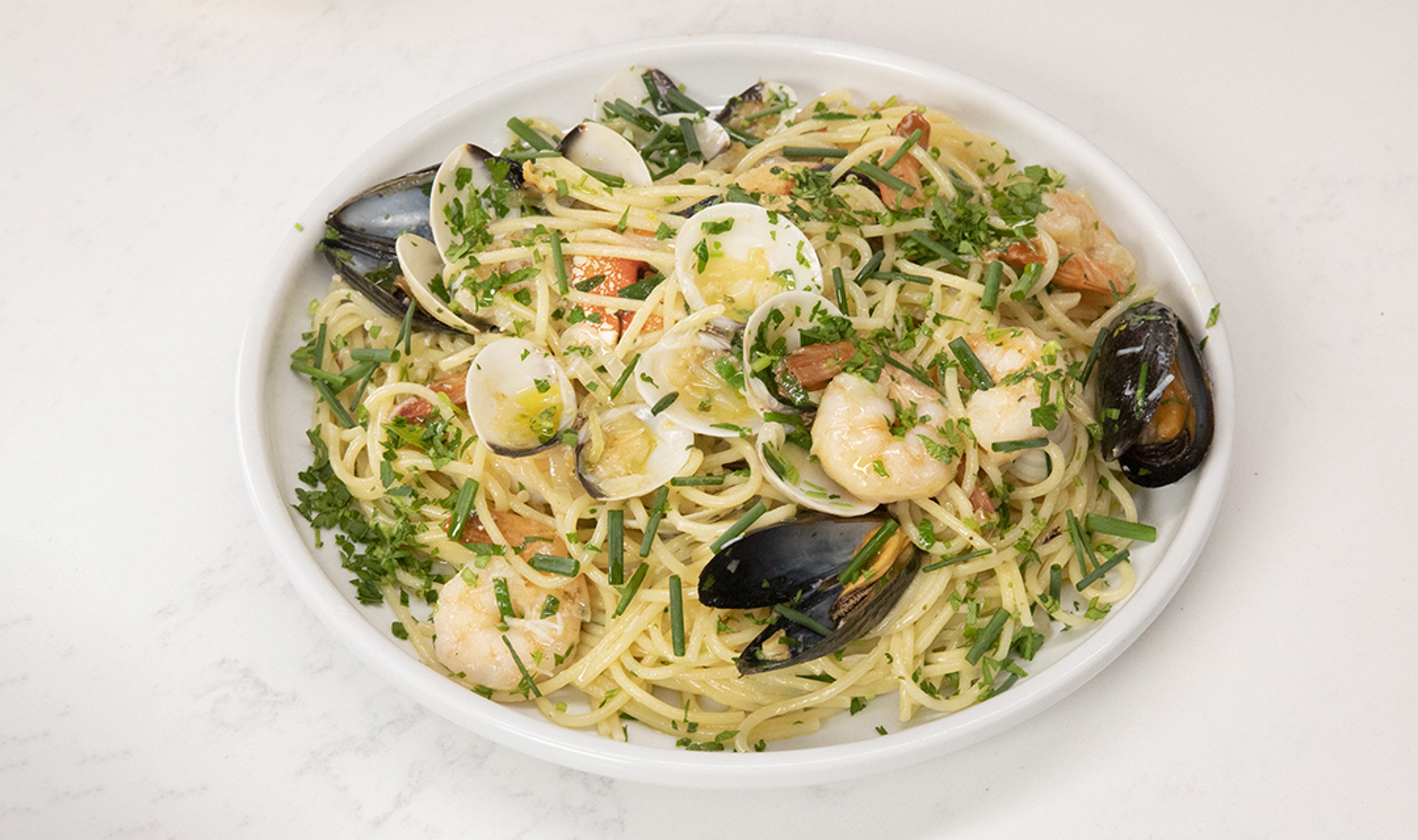




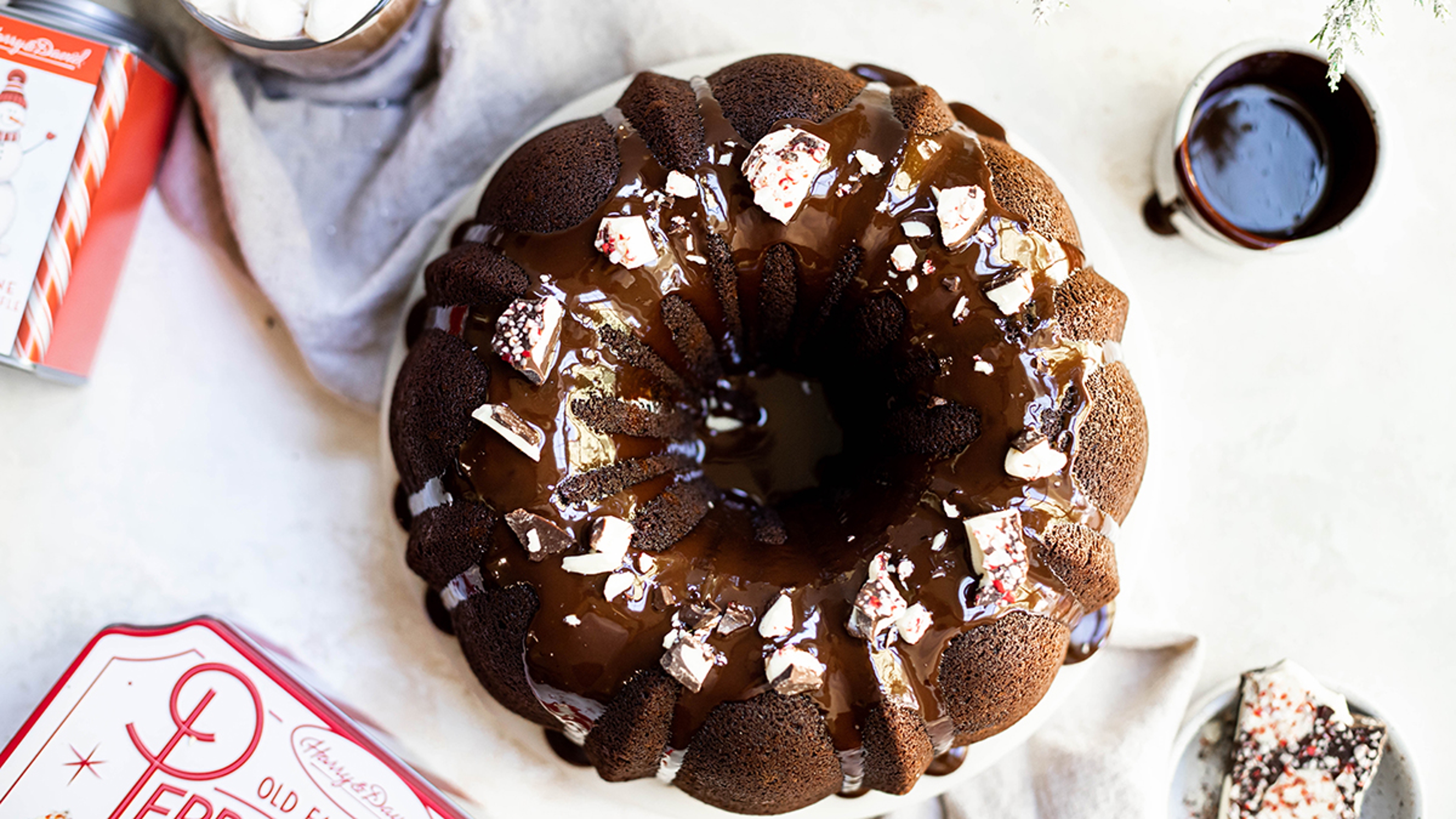









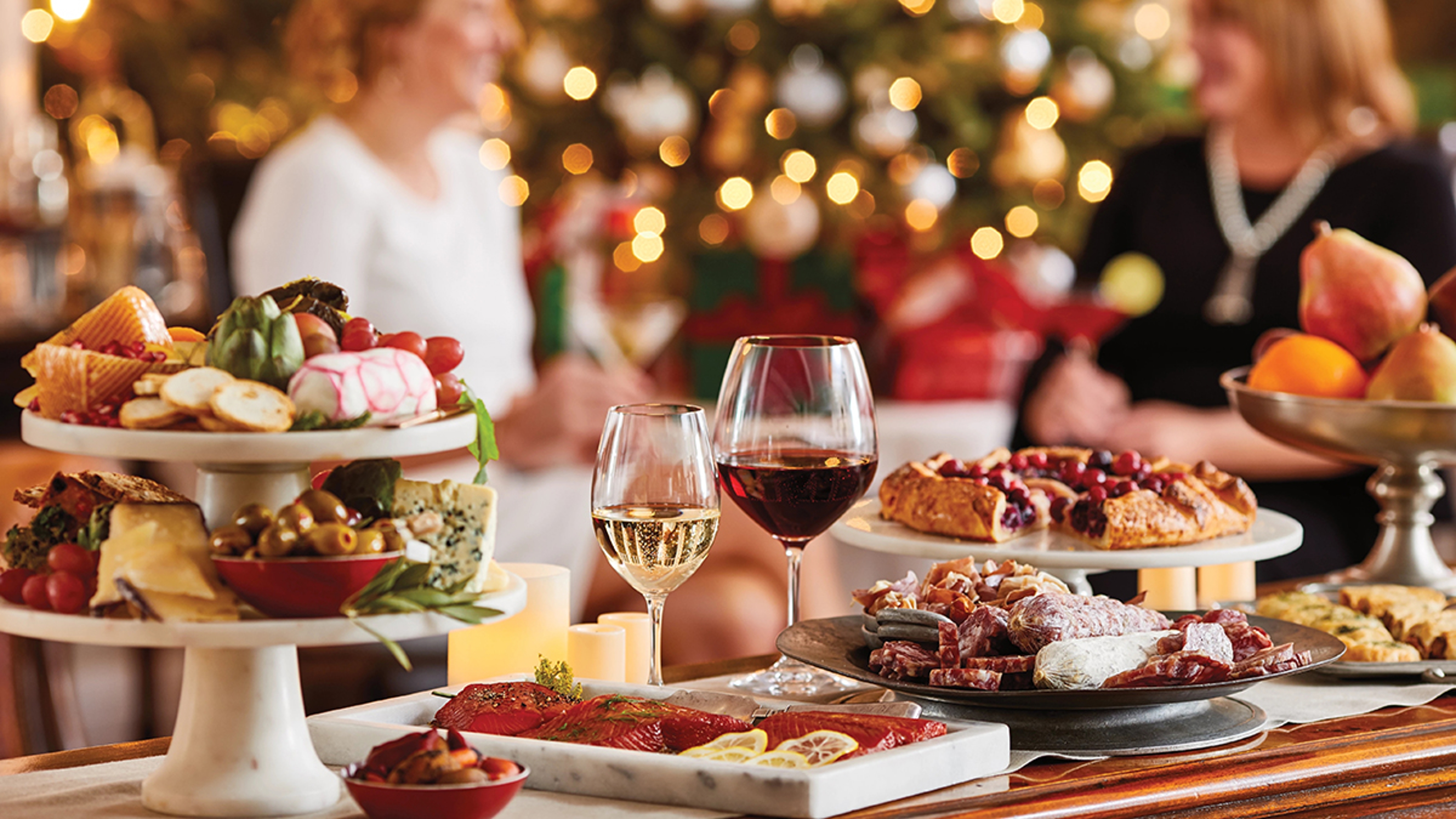
Keep the wine flowing throughout Christmas, from sparkling wine with quiche for brunch to cabernet with prime rib for dinner.

Become the winner of your family's baking competition with this delicious peppermint and chocolate creation.

Imagine your favorite cookie and your favorite cup of hot cocoa joined forces to create one fabulous treat. You're welcome.